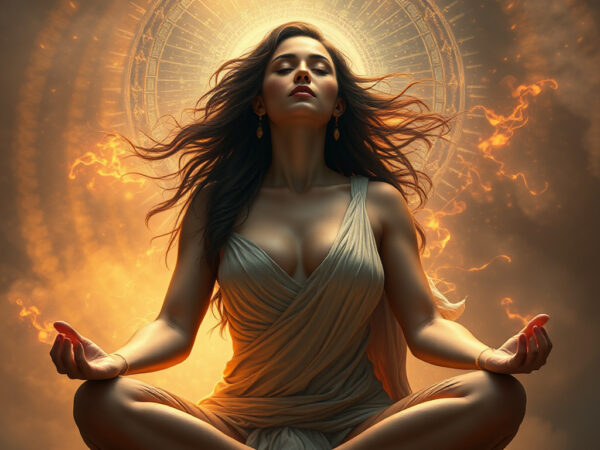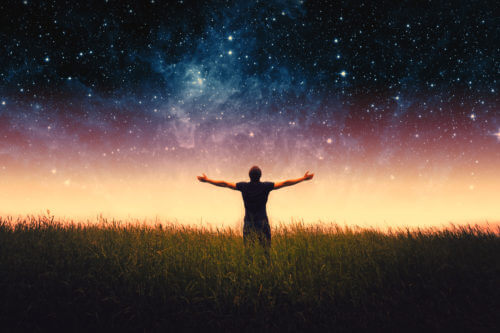Japanese Usui Reiki in Toronto: A Guide to Energy Healing in the City
Toronto’s diverse wellness community has embraced Japanese Usui Reiki as a powerful method of energy healing, with practitioners across the city offering this traditional Japanese healing technique to promote physical, emotional, and spiritual well-being. As more people seek holistic approaches to health and wellness, Reiki has emerged as a popular complementary therapy in Canada’s largest city.
Understanding Usui Reiki
Japanese Usui Reiki, developed by Mikao Usui in the early 20th century, is a gentle yet powerful energy healing practice that works with the body’s natural ability to heal itself. During a session, Reiki practitioners in Toronto channel universal life force energy through their hands to help remove energy blockages and promote healing on multiple levels.
The Reiki Scene
The GTA boasts a vibrant Reiki community, with numerous certified practitioners offering services in various settings:
Professional Reiki Clinics
Many dedicated Reiki clinics have established themselves in neighborhoods like Yorkville, The Annex, and Queen West. These spaces often provide a serene environment specifically designed for energy healing sessions.
Wellness Centers
Holistic wellness centers throughout the city frequently include Reiki as part of their therapeutic offerings, alongside other complementary practices like acupuncture and massage therapy.
Private Practice
Independent Reiki practitioners in Toronto often maintain private practices, offering personalized sessions in home-based studios or through mobile services.
Benefits of Reiki Treatment
Toronto residents seek Reiki treatment for various reasons, including:
- Stress reduction and relaxation
- Pain management
- Emotional healing and mental clarity
- Support during medical treatments
- Improved sleep and energy levels
- Enhanced overall well-being
Finding a Qualified Reiki Practitioner in Toronto
When seeking a Reiki practitioner in Toronto, consider the following factors:
Certification and Training
Look for practitioners who have completed proper training in the Usui Reiki tradition and hold certifications from recognized Reiki masters. Many practitioners have studied both in Canada and Japan to deepen their understanding of this healing art.
Experience and Specialization
Some Toronto Reiki practitioners specialize in specific areas, such as:
- Pregnancy and postpartum care
- Cancer support
- Mental health and anxiety
- Chronic pain management
- Corporate wellness programs
Location and Accessibility
Reiki services are available throughout Toronto’s diverse neighborhoods, from downtown to the suburbs. Many practitioners are conveniently located near public transit for easy access.
What to Expect in a Toronto Reiki Session
A typical Reiki session in Toronto includes:
Initial Consultation
Practitioners begin with a thorough discussion of your health history, concerns, and goals for treatment.
The Treatment Environment
Sessions usually take place in a peaceful setting with soft lighting, calming music, and essential oils to enhance relaxation.
The Session
During the 60-90 minute treatment, you remain fully clothed while the practitioner places their hands on or above different areas of your body, channeling healing energy.
Costs and Coverage
Reiki sessions in the city typically range from $80 to $150 per hour. While not commonly covered by traditional health insurance, some extended health benefits plans and wellness spending accounts may reimburse Reiki treatments.
The Growing Acceptance of Reiki
Toronto’s healthcare community has increasingly recognized Reiki’s value, with some hospitals and medical centers incorporating it into their integrative medicine programs. Several cancer support centers in the GTA now offer Reiki as a complementary therapy for patients.
Community and Learning Opportunities
Toronto’s Reiki community offers various opportunities for those interested in learning more about this healing art:
- Regular Reiki shares and community events
- Workshops and training programs
- Professional development for practitioners
- Online and in-person study groups
As Toronto continues to embrace holistic wellness practices, Japanese Usui Reiki has established itself as a respected healing modality in the city’s diverse healthcare landscape. Whether seeking stress relief, pain management, or spiritual growth, Toronto residents have access to qualified Reiki practitioners who can support their wellness journey through this ancient healing art.
For those interested in experiencing the benefits of Reiki, Toronto offers a wealth of experienced practitioners and welcoming communities dedicated to sharing this transformative practice.

